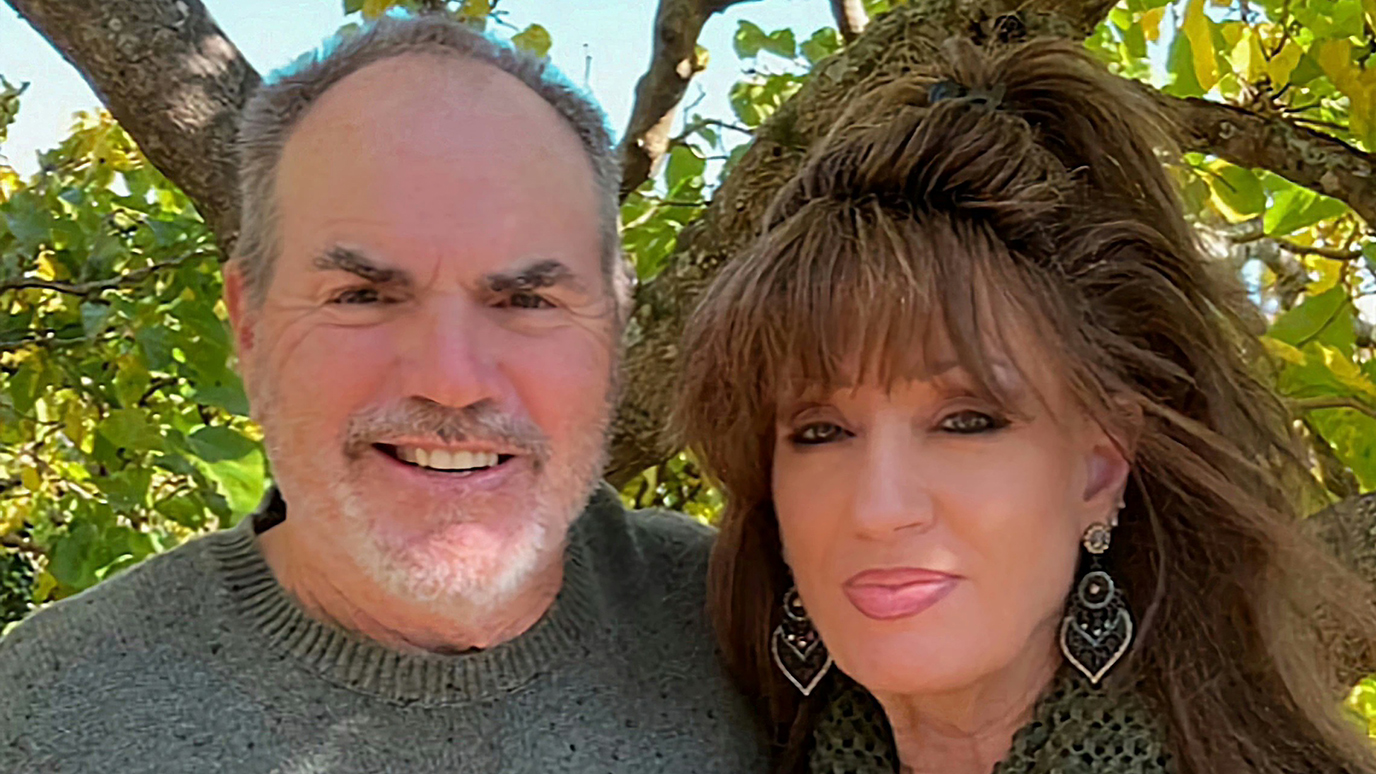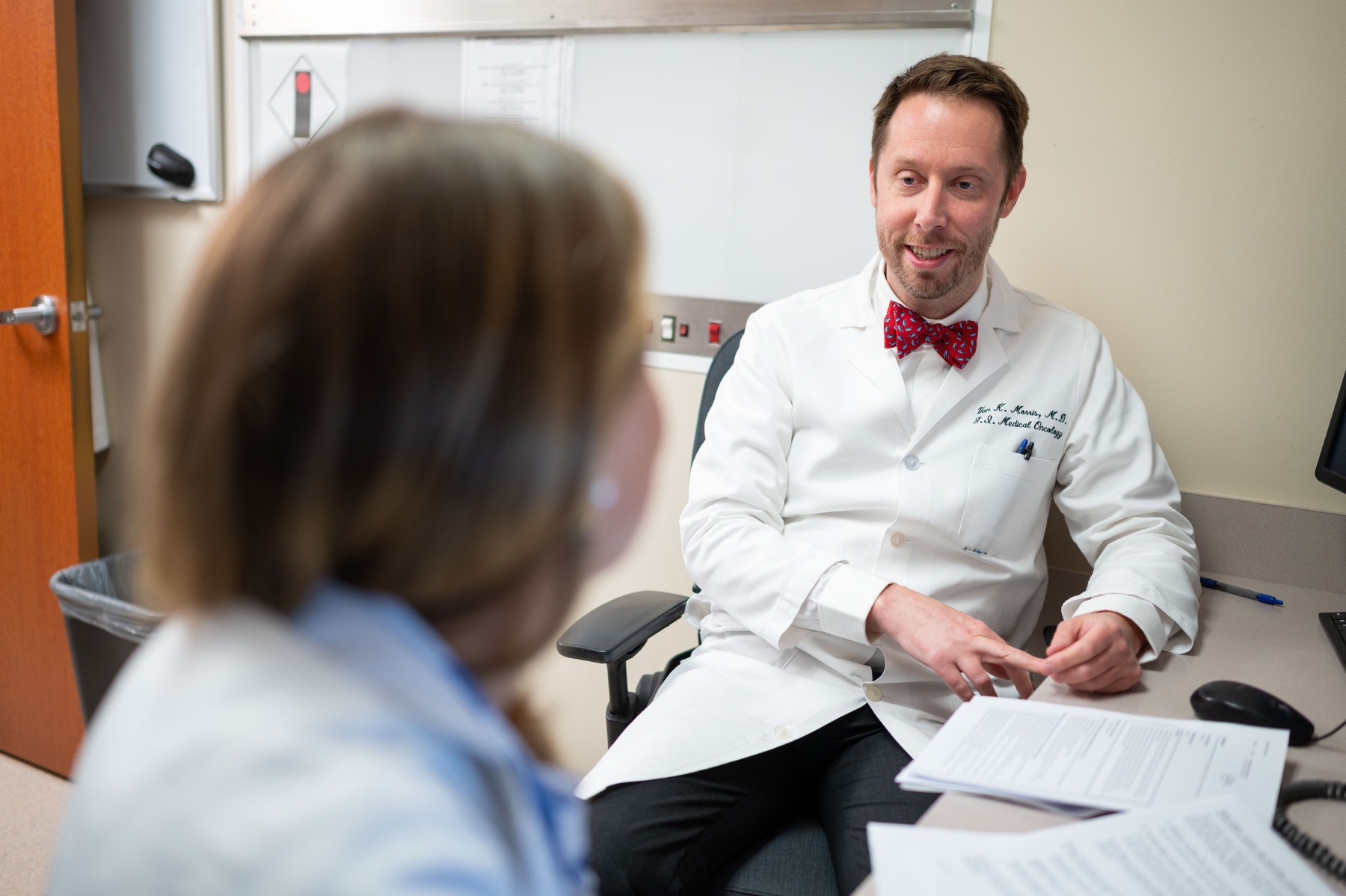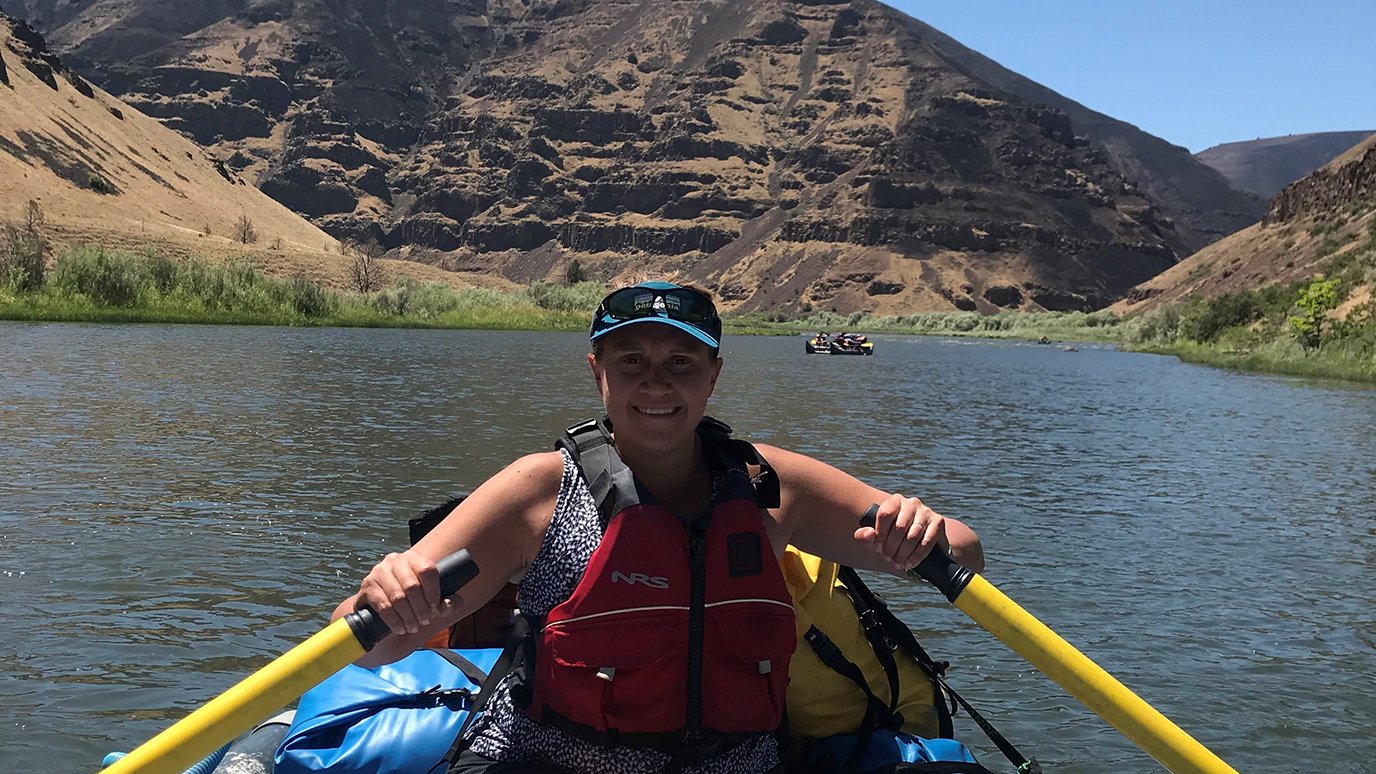- Diseases
- Acoustic Neuroma (14)
- Adrenal Gland Tumor (24)
- Anal Cancer (68)
- Anemia (2)
- Appendix Cancer (16)
- Bile Duct Cancer (26)
- Bladder Cancer (72)
- Brain Metastases (28)
- Brain Tumor (232)
- Breast Cancer (714)
- Breast Implant-Associated Anaplastic Large Cell Lymphoma (2)
- Cancer of Unknown Primary (4)
- Carcinoid Tumor (8)
- Cervical Cancer (158)
- Colon Cancer (166)
- Colorectal Cancer (116)
- Endocrine Tumor (4)
- Esophageal Cancer (44)
- Eye Cancer (36)
- Fallopian Tube Cancer (8)
- Germ Cell Tumor (4)
- Gestational Trophoblastic Disease (2)
- Head and Neck Cancer (12)
- Kidney Cancer (128)
- Leukemia (342)
- Liver Cancer (50)
- Lung Cancer (286)
- Lymphoma (278)
- Mesothelioma (14)
- Metastasis (30)
- Multiple Myeloma (100)
- Myelodysplastic Syndrome (60)
- Myeloproliferative Neoplasm (4)
- Neuroendocrine Tumors (16)
- Oral Cancer (100)
- Ovarian Cancer (172)
- Pancreatic Cancer (160)
- Parathyroid Disease (2)
- Penile Cancer (14)
- Pituitary Tumor (6)
- Prostate Cancer (146)
- Rectal Cancer (58)
- Renal Medullary Carcinoma (6)
- Salivary Gland Cancer (14)
- Sarcoma (238)
- Skin Cancer (296)
- Skull Base Tumors (56)
- Spinal Tumor (12)
- Stomach Cancer (64)
- Testicular Cancer (28)
- Throat Cancer (92)
- Thymoma (6)
- Thyroid Cancer (96)
- Tonsil Cancer (30)
- Uterine Cancer (80)
- Vaginal Cancer (16)
- Vulvar Cancer (20)
- Cancer Topic
- Adolescent and Young Adult Cancer Issues (20)
- Advance Care Planning (10)
- Biostatistics (2)
- Blood Donation (18)
- Bone Health (8)
- COVID-19 (362)
- Cancer Recurrence (120)
- Childhood Cancer Issues (120)
- Clinical Trials (630)
- Complementary Integrative Medicine (22)
- Cytogenetics (2)
- DNA Methylation (4)
- Diagnosis (232)
- Epigenetics (6)
- Fertility (62)
- Follow-up Guidelines (2)
- Health Disparities (14)
- Hereditary Cancer Syndromes (126)
- Immunology (18)
- Li-Fraumeni Syndrome (8)
- Mental Health (116)
- Molecular Diagnostics (8)
- Pain Management (62)
- Palliative Care (8)
- Pathology (10)
- Physical Therapy (18)
- Pregnancy (18)
- Prevention (914)
- Research (392)
- Second Opinion (74)
- Sexuality (16)
- Side Effects (604)
- Sleep Disorders (10)
- Stem Cell Transplantation Cellular Therapy (216)
- Support (402)
- Survivorship (320)
- Symptoms (182)
- Treatment (1786)
Colorectal cancer patient: Choose MD Anderson first
3 minute read | Published January 27, 2021
Medically Reviewed | Last reviewed by an MD Anderson Cancer Center medical professional on January 27, 2021
When other cancer patients ask for advice, rectal cancer survivor Robert Cuppett tells them to go to MD Anderson -- and to go there first.
After he’d undergone months of colorectal cancer treatment, doctors near Robert’s hometown of McHenry, Maryland, told him there was little else they could do. This was already the second care team he had seen after his diagnosis on March 15, 2017. His original oncologist had advised him to seek another opinion.
By the time he’d exhausted options with his second set of doctors, he knew he needed to get to MD Anderson.
“I should have just gone to MD Anderson from the start,” he says. “Who knows what time and treatment it could have saved me.”
Coming to MD Anderson for colorectal cancer treatment
Robert was overwhelmed by MD Anderson’s size at first, but less than a day after he arrived, he knew he was in the right place.
“At a place as big as MD Anderson, you’d think you’d be treated like a number, but it is not like that at all,” he says.
During his first appointment, he and his care team discussed the 10 months of radiation and chemotherapy and the surgical biopsy Robert had already undergone. His surgeon, George Chang, M.D., was out of the country at the time and would weigh in when he returned in about four days.
But that night, Robert received a call that changed the course of his treatment. Chang was confident he could perform the surgery.
Robert was stunned. Not only could his new care team perform the surgery no one else could up until this point; his doctor had called him that evening to let him know.
“All so I wouldn’t have to spend four days worrying about it,” he says.
Robert’s colorectal cancer surgery
On Jan. 29, 2018, Robert underwent surgery. Chang and his team used a robot, which can help surgeons remove hard-to-reach tumors while reducing side effects for patients. They worked for more than nine hours to remove the tumor. When the surgery was done, Robert was cancer-free.
Robert stayed in the hospital for three days following his surgery and then in Houston for another three weeks. This way, his doctors could monitor him while he recovered. Six weeks after the surgery, he returned to work with no restrictions. He was starting to feel like himself again. The major difference was that he now had a temporary ileostomy, which connected his small intestine to his stomach.
In May, he even had his ileostomy surgically closed. Two years later, Robert remains cancer-free and returns to MD Anderson every six months for follow-up visits. He most recently returned in October for scans and was put at ease by the precautions MD Anderson has taken to keep patients safe during the COVID-19 pandemic.
“It was the safest place I’d felt in nearly a year,” he says.
While at MD Anderson, Robert complained of frequent headaches that he had been experiencing for months. His oncologist referred him to an MD Anderson neuro-oncologist, who ruled out any chance of recurrence through scans and gave Robert a steroid injection. The headaches – a dull ache he experienced daily – were gone.
“I expected great cancer treatment from MD Anderson, but I didn’t know I would get such great follow-up care, too,” Robert says. “If I had known it would be so easy and safe, I would have gone months ago. Through it all, my MD Anderson care team has been such a blessing.”
Request an appointment at MD Anderson online or by calling 1-844-745-1062.
Related Cancerwise Stories

Everything just fell into place.
Robert Cuppett
Survivor





